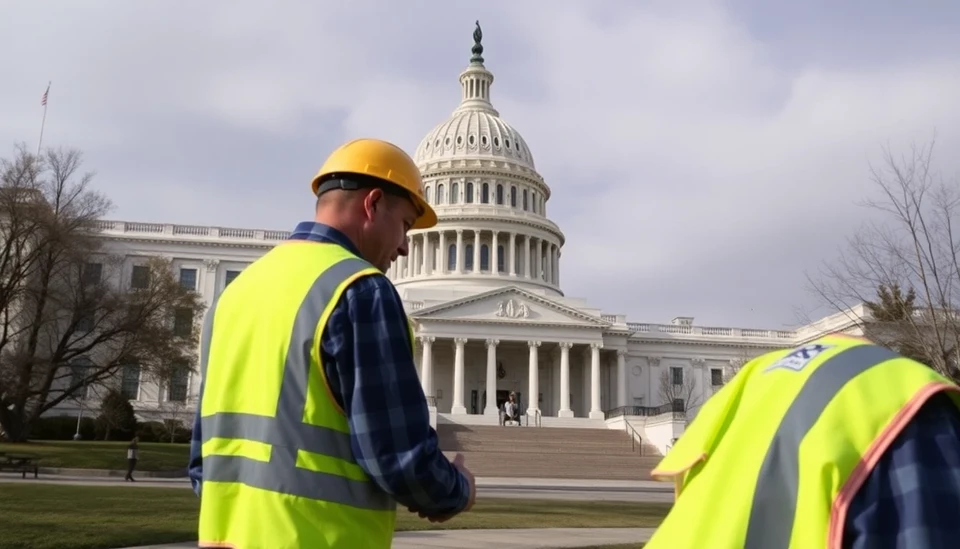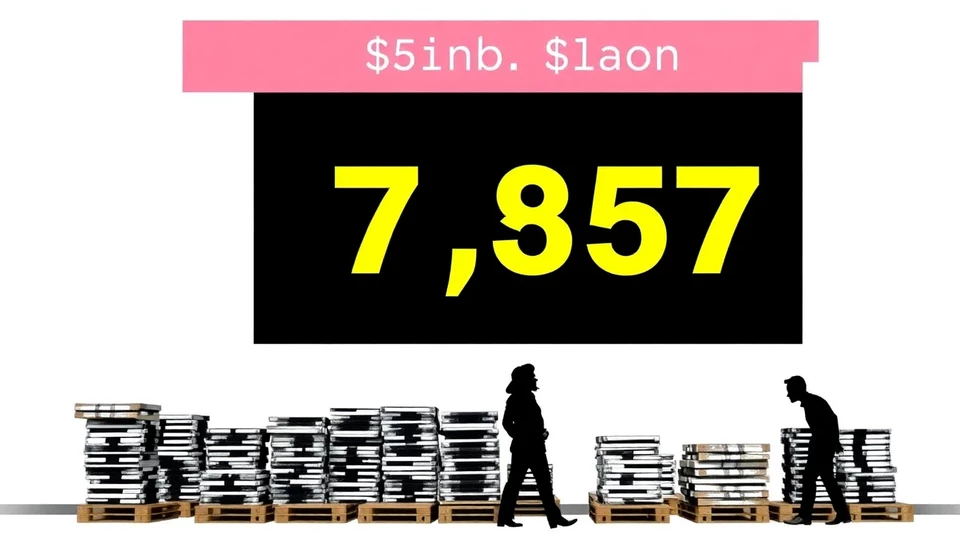
The U.S. government has decided to pause its controversial plan to reduce the sample size of its critical jobs survey, a change that had raised significant concerns about the accuracy of economic data. The decision comes in response to widespread apprehension from economists and stakeholders who argued that a smaller sample could distort the understanding of labor market trends.
The survey in question is a vital tool used to gauge employment conditions, unemployment rates, and overall economic activity across various sectors. Reducing the sample size had been proposed as a cost-cutting measure; however, experts warned that such a move could lead to unreliable data, ultimately affecting policy decisions that rely on accurate economic indicators.
Critics voiced fears that the survey's credibility would diminish, potentially leading to misguided economic policies that could adversely impact job growth and the overall recovery following the pandemic. Many stakeholders, including labor advocates and economists, stressed the importance of maintaining a robust sample size to capture a true reflection of employment trends across the nation.
Following the uproar, the Office of Management and Budget (OMB) announced a moratorium on the proposed changes, stating they would conduct a thorough review to assess the implications of the sampling adjustments. The OMB emphasized its commitment to upholding the integrity of economic reporting and ensuring that data remains reliable and representative.
This move has been welcomed by many within the economic community, who see it as a recognition of the importance of precise data in guiding governmental and business decisions. Stakeholders are now hopeful that further scrutiny will lead to a more informed approach to how the survey is conducted, rather than hastily implementing changes for the sake of budgetary efficiency.
As the OMB moves forward with its plans for a comprehensive review, analysts are keen to see how the situation will unfold and whether any long-term adjustments will be made. The pause reflects a growing acknowledgment among policymakers that data integrity is integral to crafting effective economic strategies, particularly in a post-pandemic landscape.
This development underscores the ongoing debate about how best to balance fiscal responsibility with the need for accurate and reliable data, especially in a time of economic uncertainty. The decision to halt the plan also resonates strongly with the broader public sentiment that emphasizes transparency and accountability in governmental operations.
As discussions continue, the stakes remain high for labor statistics and the economic policies that rely upon them. The conclusions drawn from this pivotal survey will undoubtedly shape the economic landscape for years to come, making the importance of this decision resonate even further.
In light of these events, the fate of the critical jobs survey holds significant implications for various sectors, from business leaders assessing hiring needs to policymakers crafting legislative solutions aimed at stimulating economic growth. The next steps from the OMB will be closely monitored as the nation collectively waits to see how the review will influence future economic data collection efforts.
Given the vital role this survey plays, the move to pause the cuts will likely be viewed as a crucial step towards ensuring a more resilient and informed economic recovery.
#EconomicData #JobsSurvey #USGovernment #LaborMarket #EconomicRecovery #DataIntegrity #PolicyUpdate
Author: Daniel Foster




